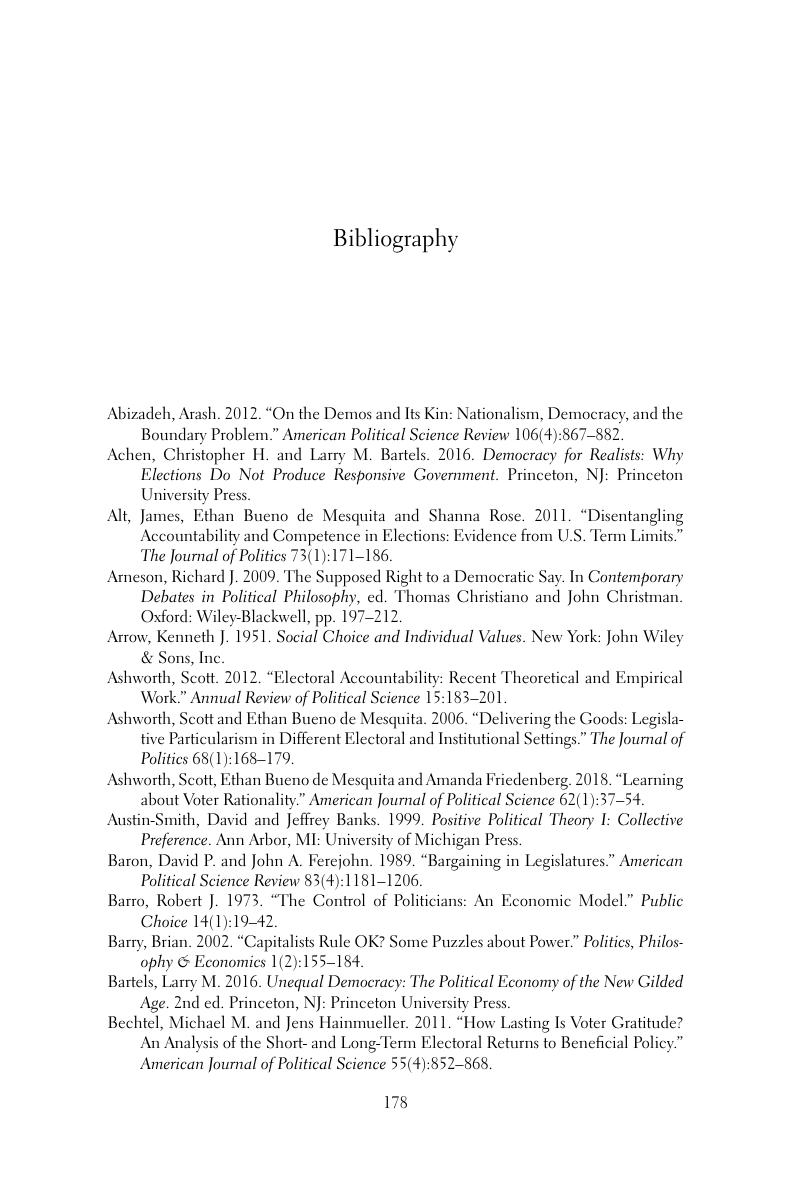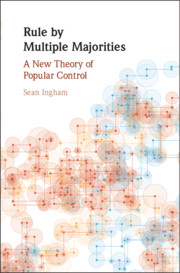Book contents
Bibliography
Published online by Cambridge University Press: 28 December 2018
Summary

- Type
- Chapter
- Information
- Rule by Multiple MajoritiesA New Theory of Popular Control, pp. 178 - 186Publisher: Cambridge University PressPrint publication year: 2019

